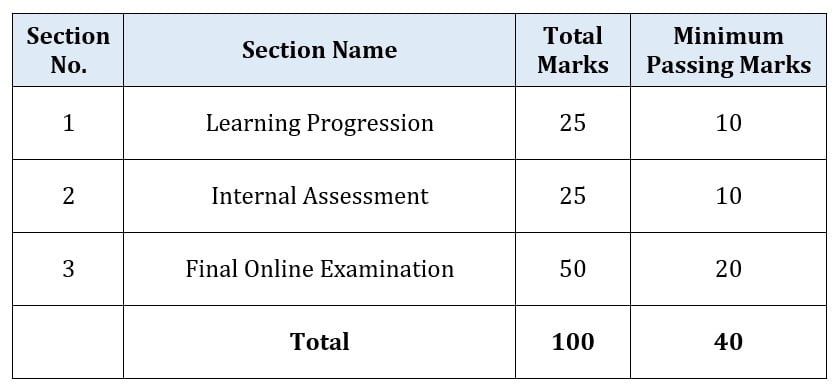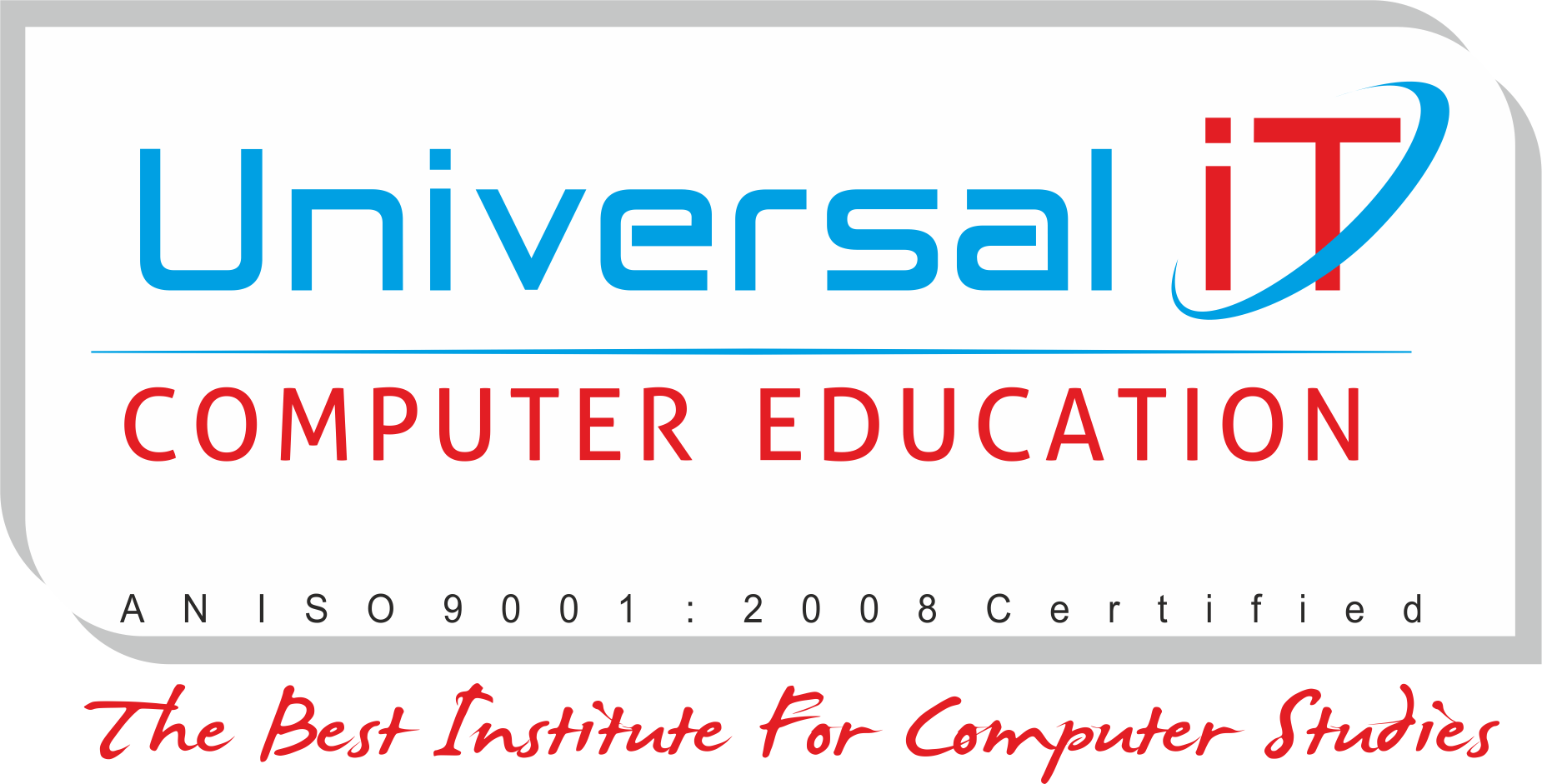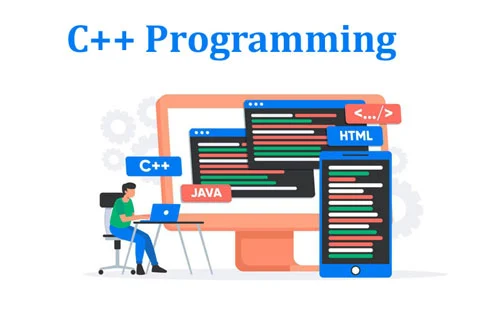C++ Programming
C ++ is a general-purpose object-oriented language. It is considered as an intermediate level language as it includes high and low level language features. It allows to manipulate the processor on lower level. It is helpful in many desktop applications, servers (E-commerce, web search, SQL), performance critical applications (Telephone switches, space probes) and also in Video Games. It is general-purpose, case sensitive and free-form programming language. It is widely used by the programmers or developers in application domain. It supports object-oriented programming including its features like Inheritance, Polymorphism, Encapsulation, Abstraction etc
Why take Admission?
After completing this course, the student will be able to perform following roles:
Career Opportunities (Industry wise): –
- Object Oriented Programming Analyst
- Programmer
- Embedded Programmer
- System Engineer
- System S/W Engineer
- Network Security Engineer
- Game Programmer
- Windows UI Programmer
- AI – Artifical Intelligence Programmer
- System Analyst
- Simulation Developer
Certification & Important Dates
Certification:
- KLiC courses are recognised by Yashwantrao Chavan Maharashtra Open University (YCMOU).
- MKCL provides certificate to the KLiC learner after his/her successful course completion.
- Yashwantrao Chavan Maharashtra Open University (YCMOU) provides mark sheet to successfully passed KLiC learners (Jurisdiction: Maharashtra).
Important Dates
- Batch Commencement: One batch in each calendar month (January to December)
- Date(s) of Application and Fee Payment by Learner: 1st – 30th day of each calendar month
- Date(s) of Learner Confirmation by ALC: 1st – 30th day of each calendar month
- Course Start Date and Date of Issuing Learner Login: Date of admission confirmation
Academic Approach
The course focuses on practical knowledge and application. The aim is to make the learner efficient and to offer him or her rewarding career.
Learning Methodology
- The participants get the Overview of the course, use of tools and their application in real life
- He or She learns about available career opportunities, roles to be performed at the workplace
- Learner gets to know various parts, functions and inter relations of the tool
- At the Beginner Level, the learner knows the Simple Application Development Technology
- Encourage him or her to develop integral skills required to make them job-ready
Syllabus
Intro to OOP
- The Beginning
- Structured Programming
- Object Oriented Programing
- Characteristics of Object Oriented Programing
Grad Function Prototypes
- Comments
- Flexible Declarations
- Structure, union and enum Syntax
- Anonymous unions and enums
- Typecasting
- Void Pointers
- The Operator
- References
- The Const Qualifier
- Constructors for Intrinsic Data Types
- The bool Data Typecasting to C++
Functions
- Function Prototypes
- Function Overloading
- Default Arguments in Functions
- Operator Overloading
- Inline Functions
- Static, virtual and friend Functions
Classes in C++
- Classes and Constructors
- Destructors
- A Complex Class
- Overloaded Operators Revisited
- The Pointer
- Overloading Unary Operators
- Function Definition Outside The Class
- Function Definition outside The Class
- New and delete operators
- Using new and delete
- Malloc ( )/free( ) versus new/ delete
- The Matrix Class
- Classes, Objects and Memory
- Structures and Classes
The C++ Free Store
- Free Store Exhaustion
- Custom new and delete operators
- Overloading new/delete in Classes
- Understanding the sequence
- Construction at Predetermined Location
- One Last Issue
Miscellaneous Class Issue
- Static Class Data
- Static Member Functions
- Const and Classes
- Overloaded Assignment Operator, Copy Constructor
- Data Conversion
- Data Conversion between Object of Different Classes
Data Structures through C++
- Stacks and Queues
- The Linked List
- Stacks and Queues Revisited
- Trees
- Binary Trees
- Traversal of a Binary Tree
- Deletion from a Binary Tree
Inheritance
- More Inheritance
- Some More Inheritance
- Multiple Levels of Inheritance
- Multiple Inheritance
- Constructors in Multiple Inheritance
- A Word of Caution
- Private Inheritance
- Protected Inheritance
- Uninherited Functions
- Incremental Development
Virtual Functions
- Pure Virtual Functions
- Virtual Functions under the Hood
- Why virtual Functions?
- Virtual Functions in Derived Classes
- Object Slicing
- Virtual Functions and Constructors
- Destructors and virtual Destructors
- Virtual Base Classes
- Putting it All Together
Input / Output in C++
- The iostream Library
- The ios Class
- Manipulators
- Creating Our Own Manipulators
- User-defined Manipulators with Arguments
- Come GUI and…
- The istream Class
- The ostream Class
- The iostream Class
- The with assign Classes
- Predefined Stream Objects
- Outputting Strings
- A Brief Review
- File I/O with Streams
- A Better way
- A File copy Program
- File Opening Modes
- Binary I/O
- Elementary Database Management
- Class That Read/Write Themselves
- Errors during I/O
- File copy Program Revisited
- Overloading <>
- Str streams
- Automatic Storage Allocation
- Sending Output to Printer
Advanced Features
- Classes Within Classes
- Friend Functions
- Overloading AND
- One More Use Of friend Function
- Friend Classes
- A Word of Caution
- Smart Pointers
- More Smart Pointers
- Pointers to Members
- The explicit Keyword
- The mutable Keyword
- Namespaces
- Using A Namespace
- RTTI
- When to Use RTTI
- Typecasting in C++
Templates
- Function Templates
- A Template Based Quick Sort
- Class Templates
- A Linked List Class Template
- Tips about List Class Template
Exception Handling
- Checking Function Return Value
- setjmp( ) and longjmp( )
- Exception Handling in C++
- Exception with Arguments
Case Studies
- Tic Tac Toe Game
- Student Management System
- Student Attendance Management System
- Event Management System
- Hangman Game
- Employee Leave Management System
- Furniture Business System
- Society Management System
Evaluation Pattern
Evaluation Pattern of KLiC Courses consists of 4 Sections as per below table:

YCMOU Mark Sheet:Printed Mark Sheet will be issued by YCMOU on successful completion of Section 1, Section 2 and Section 3 and will be delivered to the learner by MKCL.
YCMOU Mark Sheet will be available only for Maharashtra jurisdiction learners
MKCL’s KLiC Certificate will be provided to the learner who will satisfy the below criteria:
- Learners who have successfully completed above mentioned 3 Sections i.e. Section 1, Section 2 and Section 3
- Additionally, learner should have completed Section 4 (i.e. Section 4 will comprise of SUPWs i.e. Socially Useful and Productive Work in form of Assignments)
- Learner has to complete and upload minimum 2 out of 5 Assignments


